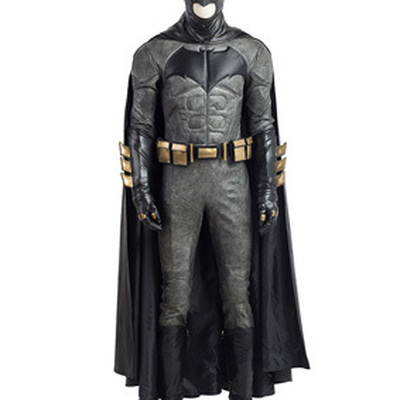Categories
- All Categories
- Manufacturing Technologies
- Software
- Business Technologies
- Web Development / Web Management
- Hardware
- 3D Technologies
- Construction Technologies
- E Business
- Other
- Applications Development
- Consumer Electronics
- Industrial Technologies
- Telecommunications
- Internet
- Medical Technologies
Tags
-
#Adjustable Industrial
#transfer files
#data entry in India
#Social Media
#Thermal printer
#large format scanner
#Self-Lock Scaffoldings
#Web Designing Services
#Data Entry Services
#SEO
#hotel software
#hotel technology
#Heavy Duty Work Benches
#plasma cutting services in Gauteng
#internet marketing company toronto
#gillsolutions
#Stainless steel plate finishes
#forex trading
#finance
#custom cabinet designs
#kitchen appliances
#profile bending
#stainless steel sheet finishes
#email large files
#digital menus for restaurants
#palisade fencing Cape Town
#digital marketing companies in Cape Town
#ERP software for the logistics industry
#cyber security service
#TikTok Lite App on AllBestApps
#content writing service provider
#best areas to stay in Budapest
#ERP implementation in companies
#data conversion services
#heavy-duty utility carts
#fireplace inserts
#volumetric piston filling machines
#Advanced Process Control
#Hair Transplant Turkey
#large file transfers
#fireplace suppliers
#hearing aids
#stainless steel cabinets
#digital marketing training in kolkata
#PPC marketing
#lead generation
#rf microneedling near me
#tick pest control
Archives
What Are the Applications of RFID?
-
Radio Frequency Identification (RFID) has been a revolutionary addition to anti-theft and tracking systems. It accounts for speedy stock take and materials handling across various industries. RFID manufacturers have combined a radio-frequency-based technology with microchip technology to come up with an answer for tracking things efficiently. Here are the best uses for RFID technology today:

- Inventory Tracking at Item Level
Item level tracking is useful for a variety of industries. The retail sector is said to be an unexplored area in terms of opportunities of the use of RFID. As already mentioned, tracking individual products through the supply chain is beneficial, but, tracking the products through the same supply chain, all the way to the point of sale is even more beneficial. Such a well organised inventory system which shares data across every business unit is almost like a treasure trove of data.
Even the store employees can access all the data with a handheld RFID reader.
- Supply Chain Visibility
Having total control over the supply chain directly accounts for increased efficiency, reduced errors and improved quality. In a fast and robust environment of chaotic shipping-manufacturing-distribution, having real-time data on individual items gives much-needed insight into taking measures.
- Tracking Attendees
In a large gathering like a meeting, or a conference, it is very important to keep the crowd moving at a steady pace. It is even more essential in places adjacent to the doors leading in or out of the seminar/lecture halls. Using RFID tags oneach person will actually eliminate the need to keep a registration post. It will eliminate the large queues near the entrances or exits.
- Managing Materials
In industries like construction, where the project site is large, and the number of required materialsis also huge, the need to keep track of items is very essential. Tagging items with RFID will help to locate them with ease and will eliminate the largest expenditure in form of loss or damages materials.
- Controlling Access
In the modern day, security is a very glaring issue. Watching everyoneis not always an option. Therefore, using RFID person tags for parking spaces, entrances and exits, terraces and rooftops and other areas where the access is aimed to be made restricted can lessen the hassle of extra security.
- Tracking of Tools
RFID tags are essential for industries which need to work with a number of tools, fasteners or other small-delicate tools in their daily routine. Keeping track of the tools can prove time-consuming and it can affect the work rate.
- Library Systems
Libraries are increasingly employing the use of RFID tags today for the ease in circulating and managing their operations. These have appropriately replaced most of the barcodes because these can be scanned from multiple angles, unlike a bar code. Moreover, the check-in and check-out process is hassle-free because the RFID tags eliminate the need to maintain lengthy lines at the counters.
Sometimes such small tools can have a huge impact on our day to day lives. They can drive the workforce in the direction, increasing productivity and efficiency.









Share this page with your family and friends.